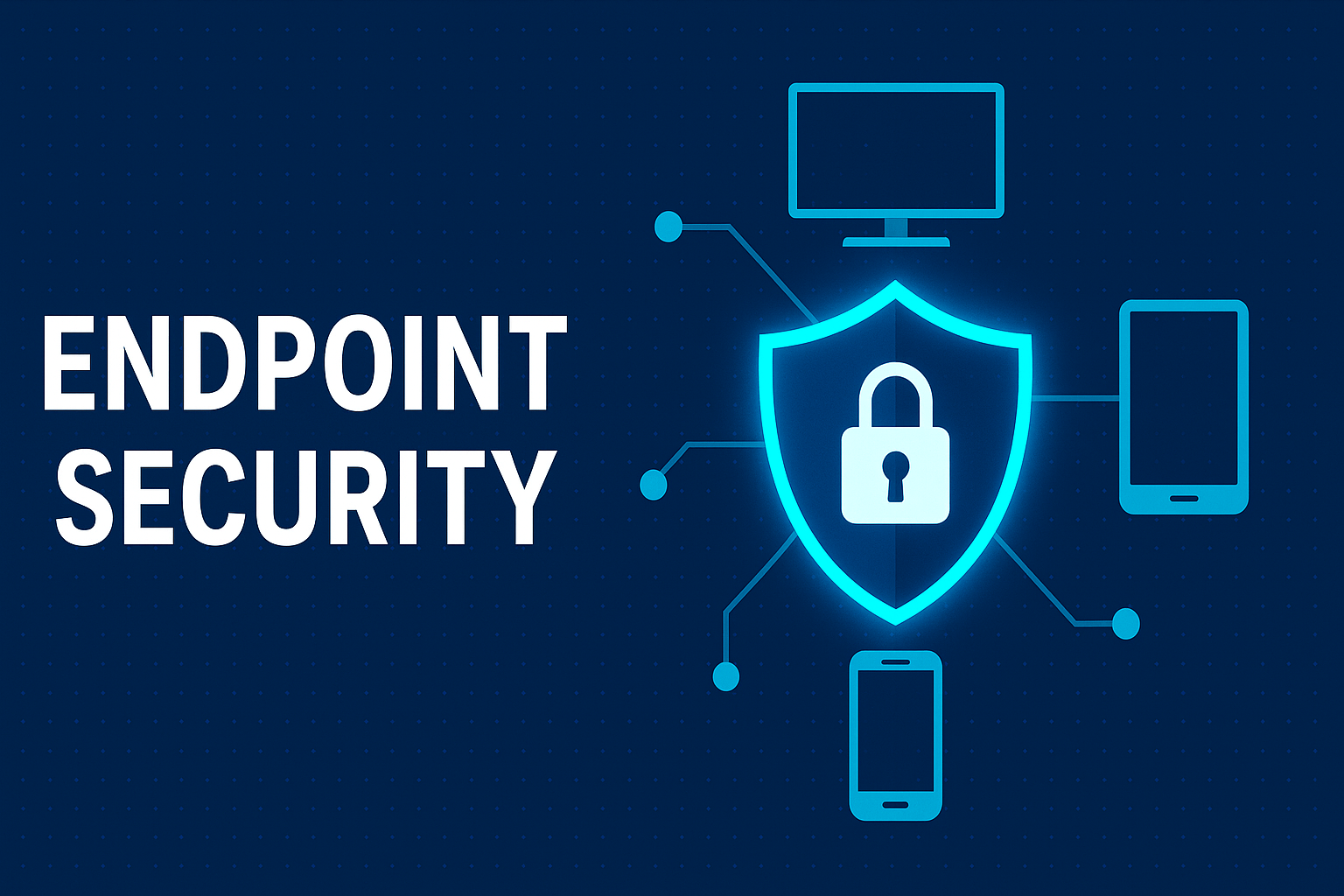Endpoint security has become one of the most critical pillars of modern cybersecurity. As organizations increasingly rely on distributed teams, cloud applications, and mobile devices, every laptop, phone, and workstation becomes a potential entry point for attackers. Proper endpoint protection ensures that these devices remain secure, monitored, and compliant—no matter where employees are working from.
At its core, endpoint security focuses on preventing unauthorized access, detecting suspicious behavior, and responding quickly to potential threats. This includes everything from traditional antivirus tools to advanced threat detection, posture checks, encryption, and automated remediation. With cyberattacks growing more sophisticated, relying on static, signature-based defenses is no longer enough. Today’s endpoints need real-time monitoring and behavioral analysis to stay ahead of emerging risks.
For businesses, strong endpoint security is about more than technology—it’s about resilience. Protecting devices helps safeguard customer data, prevent costly breaches, and maintain trust. As remote work continues to expand and digital transformation accelerates, investing in robust endpoint protection is no longer optional but essential. The future of cybersecurity starts at the device level, and organizations that prioritize endpoint security are far better positioned to defend against the threats of tomorrow.

